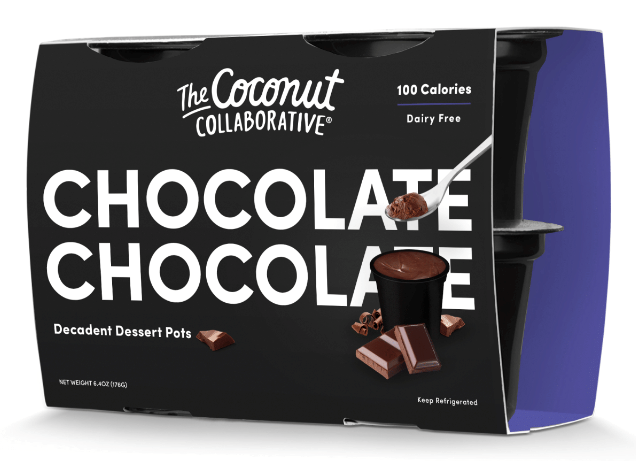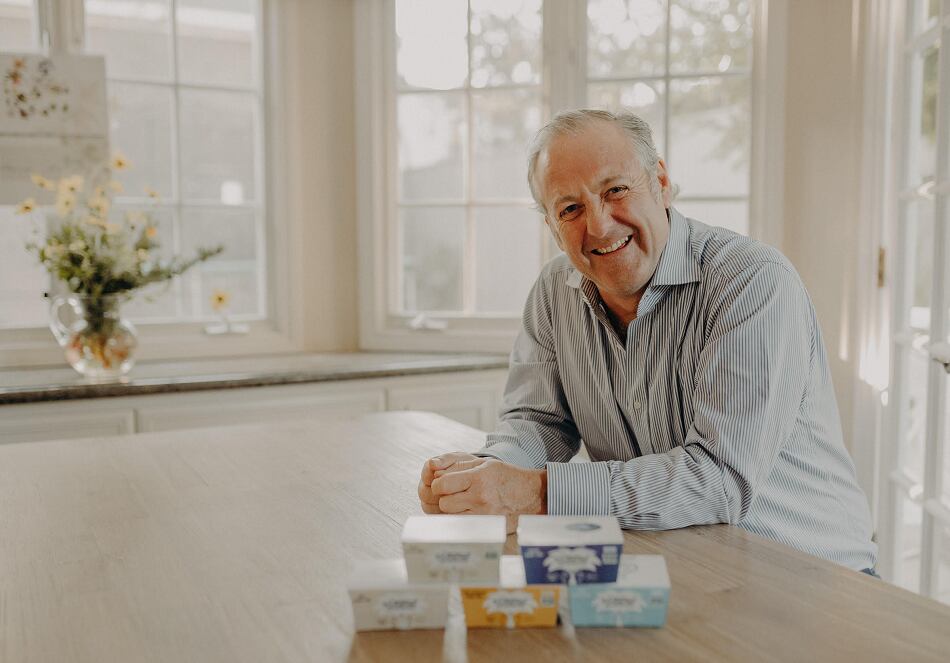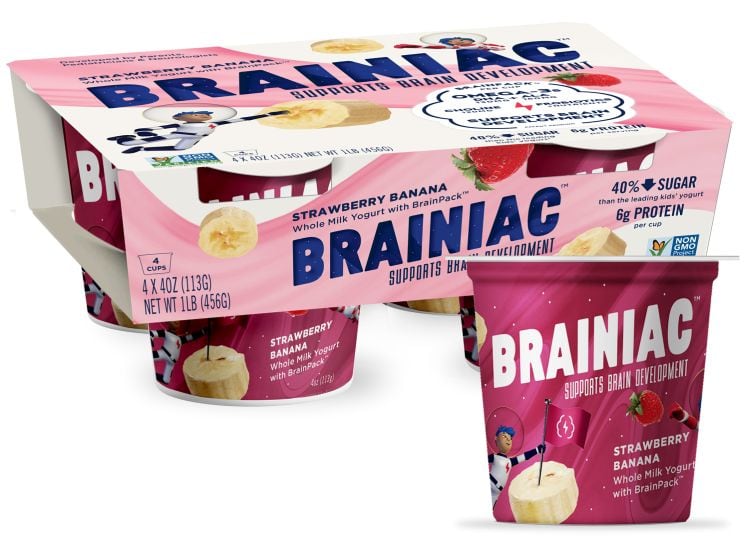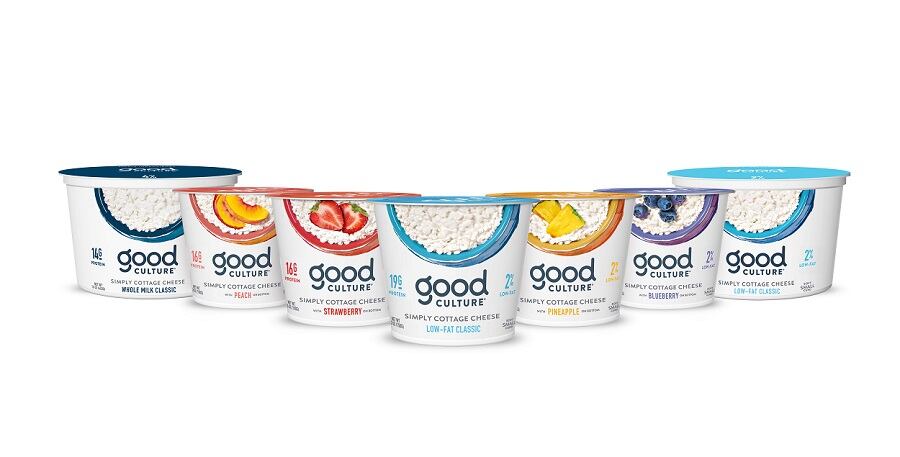Plant-based yogurt has seen strong sales success (up 55% to $162m last year*) but it's still just a blip of the overall US yogurt market. However, the sector is reaching a tipping point that Averdieck believes will propel plant-based yogurt into the mainstream.
Averdieck founded Coconut Collaborative in the UK with his twin brother James in 2014 and entered the US market last year with the intent of delivering the "best-tasting plant-based yogurt" to US consumers because a product such as yogurt can only become mainstream if it tastes as good or better than its dairy counterpart while delivering the similar health benefits.
"I know for a fact that in the UK plant-based yogurts were outselling dairy yogurts in some retailers and I think the US is more evolved than that," Averdieck told FoodNavigator-USA.
"I think what’s held back the market is frankly taste deficiency. The yogurt sector has always responded really well to innovation. We know from history that trends in the yogurt market can become a majority force."
Greek yogurt, for instance, was nearly unheard of a little over ten years ago and now represents a majority of the overall spoonable yogurt market, although it has since lost momentum.
Now the Greek yogurt giant has hopped on the plant-based yogurt train launching a line of coconut-based spoonable and drinkable products called Non-Dairy Chobani while Danone North America has also launched into the category with almond-based Good Plants and a coconut-based line under its Oikos brand.
"It’s interesting that Chobani chose coconut as their first move into the coconut sector," commented Averdieck.
"The main growth in the plant-based yogurt sector has come from the coconut-based yogurts, and I think one of the main reasons for that is that the coconut as a base ingredient contains a lot of features that dairy yogurt has (e.g. smooth, creamy texture and mouthfeel)."
The fact that powerhouses such as Chobani and Danone are entering the category means that tables stake have been raised with "all the plant-based yogurts raising their game," Averdieck noted.
"The plant-based sector has to win space from parts of the market that either have completely matured or are in decline, like Greek. I think all the brands are fighting like dogs to retain their space on the shelves," he said.
Packaging and probiotic edge
In order to capture a share of a highly competitive market such as plant-based yogurt, Coconut Collaborative refreshed its packaged for its yogurts and coconut ganache desserts.
"I think packaging is the single biggest marketing tool that we can use," Averdieck said.
"One of the main reasons we wanted to change the packaging is to talk about health benefits much more directly with the consumer. In Europe, it's implied that all ingredients are non-GMO and in the US, we have to adapt to highlight the specific better-for-you ingredients. We also had an opportunity to highlight what's important to people -- like fresh ingredients and sugar levels," Averdieck said.
The brand has added non-dairy cultures (S.thermophilus + L.bulgaricus, Lactobacillus acidophilus, Bifidobacterium lactis) to its yogurts,which now contain 1 billion CFUs (colony forming units) per cup.

"What’s happening is that probiotics used to be a very niche thing on the expensive end of the yogurt market, but we see it now become much more mainstream," added Averdieck.
The new packaging for its dessert cups (100 calories per container) has become "punchier" and bolder to better convey a sense of indulgence, according to Averdieck.
"Desserts is an interesting market, because it’s crying out for innovation. What we’ve found quite challenging in introducing our desserts is we felt like people always react amazingly to our desserts, and what we’ve tried to do is elevate the packaging so it looks more indulgent, particularly with the chocolate desserts."
'I believe, absolutely, that the US is the most competitive market on the planet'
The brand's distribution ambitions in the US are on the West Coast and Northeast.
"The two core markets where we absolutely intend to win this year are the Northeast and California," Averdieck said. "My view on it, is that those markets have a consumer base that’s already completely switched on to what we’re trying to achieve."
Coconut Collaborative's yogurt and dessert product lines are available at Wegmans, Safeway Norcal, Earth Fare, The Fresh Market, New Seasons, Kings, Bristol Farms, Nugget Markets, Erewhon, Lassens, Mother’s Market, Haggen, Metropolitan Market and the online retailer, Mylk Guys.
"I believe, absolutely, that the US is the most competitive market on the planet and that means you’ve got to be on the top of your game in whatever area you’re in."
* The data covers sales in Nielsen’s expanded All Outlets Combined (AOC) channel, which include grocery stores, drug stores, mass merchandisers, club stores, dollar stores, and military stores, plus Whole Foods.




